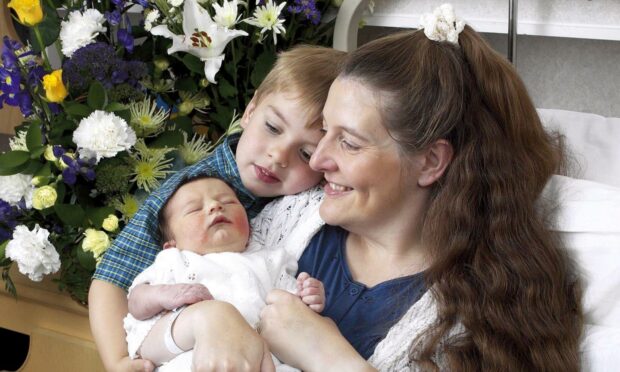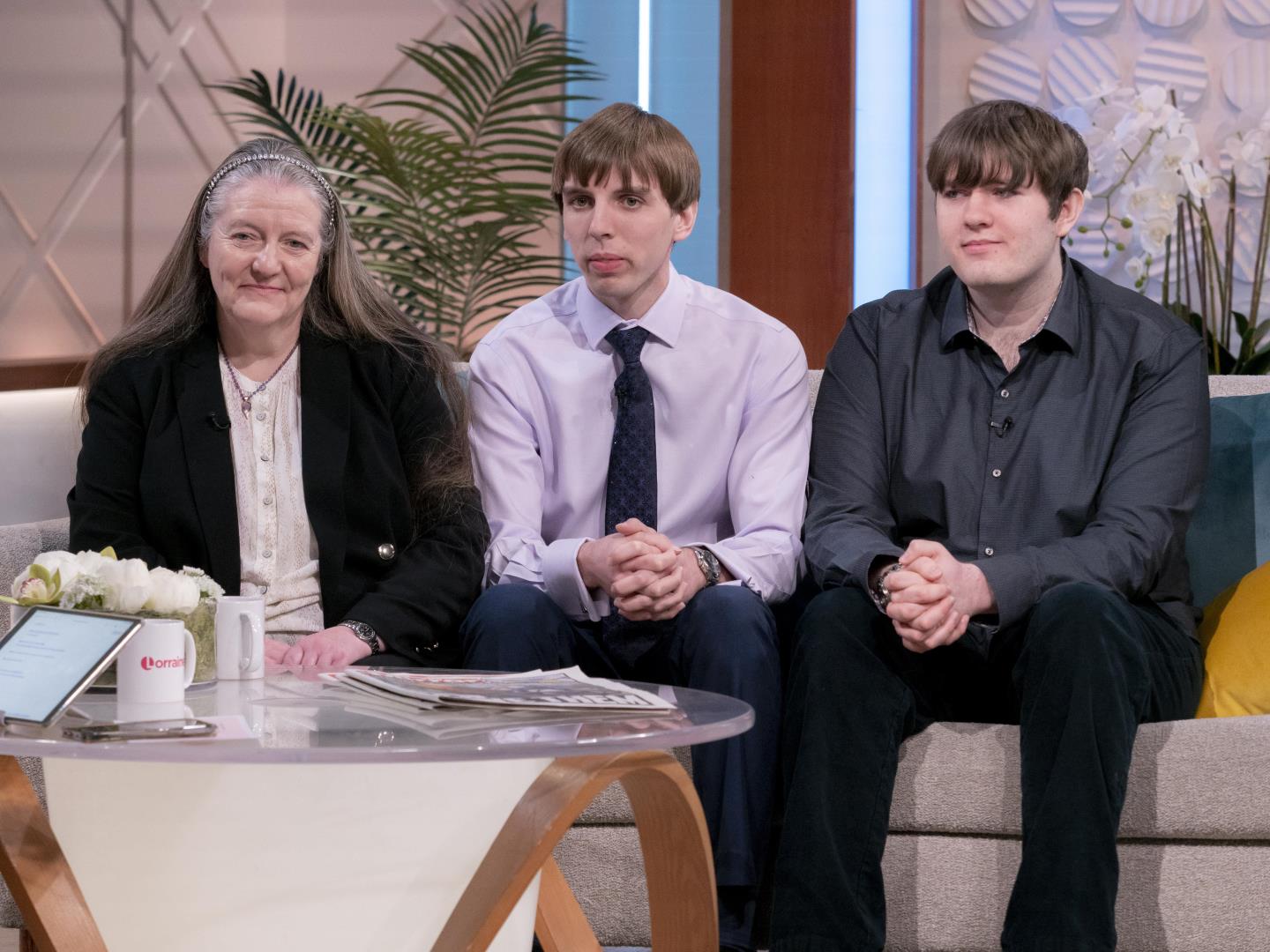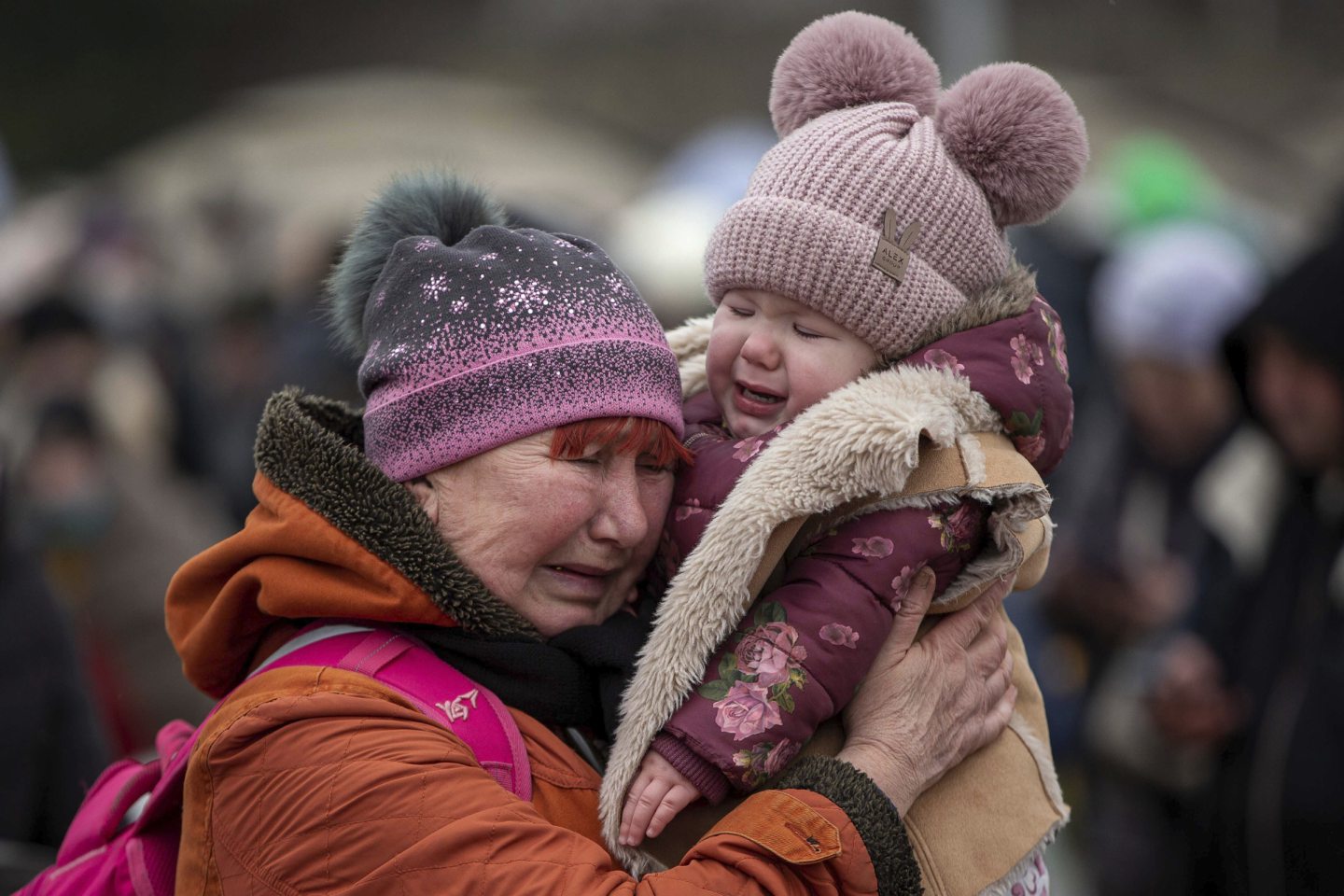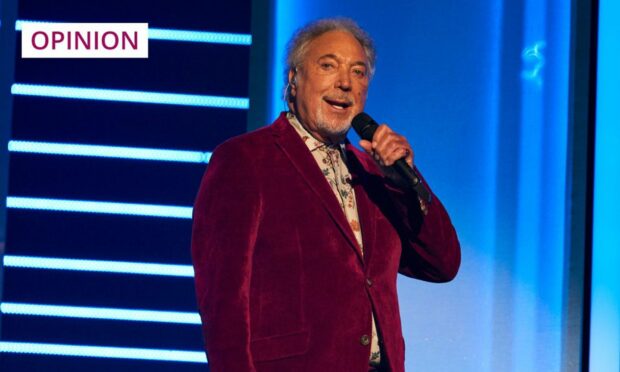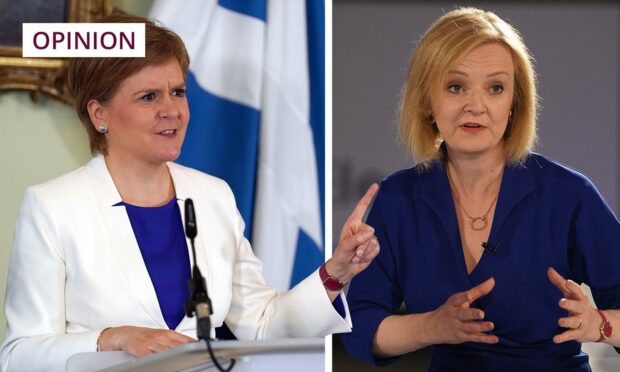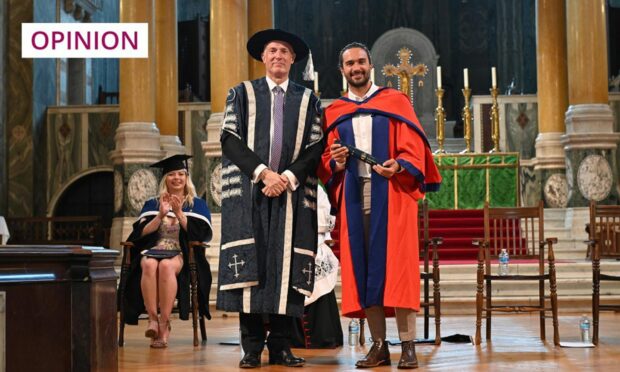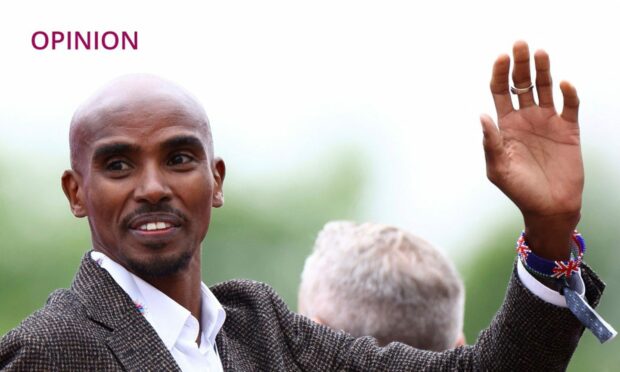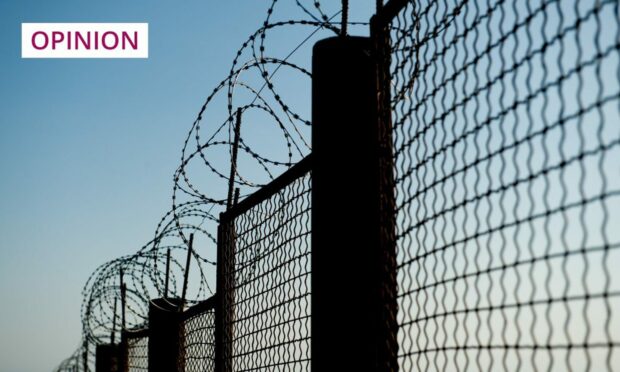A rocking horse at the window.
As my taxi drew up, almost 20 years ago now, outside Diane Blood’s house, the rocking horse felt like a symbol of a life carefully chosen, rather than the overspill of family life.
She had fought for the right to have the two little boys who played on that horse, after her husband, Stephen, died suddenly of meningitis. The case became a cause célèbre, with Diane travelling to Belgium for treatment using Stephen’s sperm, after being refused on ethical grounds in the UK.
Like a memorial candle flickering in a window, the rocking horse told a story. Just not the one some assumed. A memorial to her late husband? Her voice rose in incredulity. “Children aren’t a memorial. I’ve got a memorial in the graveyard.”
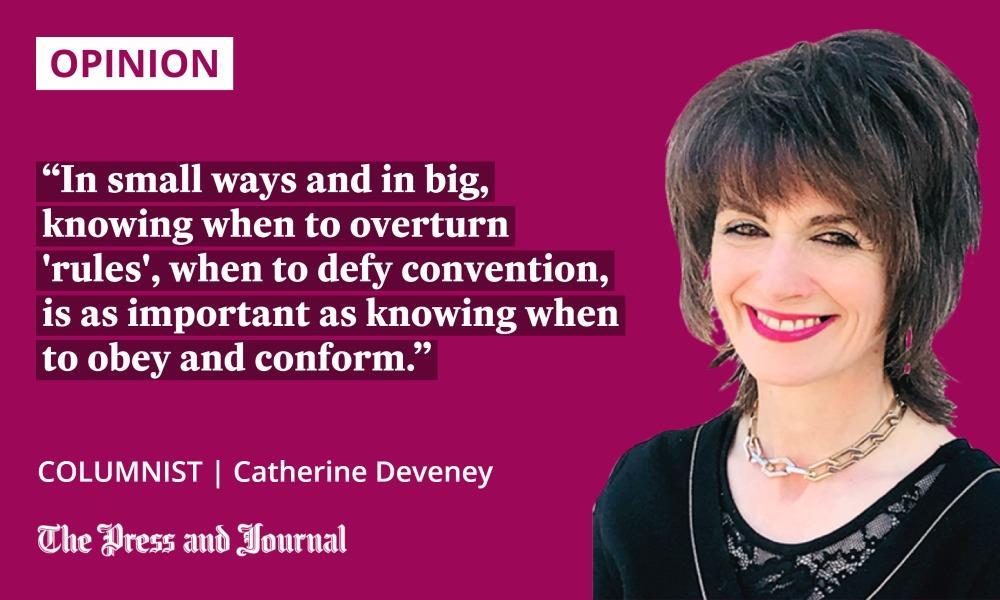
News that the Blood family story may be told in a television drama brought back memories of that day. Stephen Blood’s sperm had been harvested after death, despite there being no prior written consent for such a scenario.
Some ethicists regarded it as “assault”, which is why treatment was refused here. It seemed a strangely convoluted interpretation, given Stephen wanted children.
At the time Blood was refused treatment, the law allowed relatives of a deceased person to decide if their organs could be used for transplant. A wife could give permission for her late husband’s heart to be used to save a life. She could not give permission for his sperm to be used to create one.
Seeing pictures of the two boys who played on the rocking horse, now grown up, seemed particularly poignant this week. They might never have existed had Blood not challenged the faceless “they” of authority.
Can’t ‘they’ do more to help instead of meddling?
As devastating images of Ukrainian children bounced around the world, it seemed that the combined power of Western states could do little in matters of life and death. The image of a tiny corpse, whose face was so gently, tenderly, covered with a sheet by her mother, before the woman simply collapsed with grief, was a searing image.
When I grew up, I seized the ‘power’ of adulthood and held it close, refusing to cede it, recognising that you have to fight for the right things
A “universe”, as the magnificent President Zelensky described children, had been obliterated. “They” apparently could not act to stop it. Yet, “they” can intervene in the most intimate and delicate of family situations.
I was once shocked when my daughter told me I was one of the most unconventional people she knew. How could that be? I was, I thought, depressingly conventional.
I had been a quiet child, shy, voiceless; despite loving parents, I spent much of my childhood afraid. My daughter laughed at my confusion. I held the child I had once been inside, but suddenly realised that, when I grew up, I had seized the “power” of adulthood and held it close, refusing to cede it, recognising that you have to fight for the right things.
I don’t oppose for the sake of it, but I question and challenge because, if I do not, I will be that child again.
It struck me this week that, in small ways and in big, knowing when to overturn “rules”, when to defy convention, is as important as knowing when to obey and conform.
Small, important acts of love
Recent days have been marked by news footage from the bombed towns and villages of Ukraine, the gaping holes of buildings blown apart, the silence of deserted streets and decimated homes.
In one report, we bore witness to the weeping despair and bewilderment of an elderly woman, utterly crushed with sorrow, talking to camera about the disintegration of her life.
There is a convention that reporters remain impartial, but ITV reporter Dan Rivers, unable to remain unaffected by her sadness, stepped forward and put his arms round her brokenness. “I am so sorry,” he said. There was, in that overriding of professional etiquette, a small and important act of love.
Such a spontaneous action. A little thing. In these weeks of unthinkable violence, it has felt important to recognise little things, positive aspects of humanity. A reporter’s empathy.
A mother’s fight for her children. A rocking horse. An embrace. A light in the darkness; a candle in the window of the world.
Children can be born for the best and worst of reasons, from assault or lies, from anger or selfishness. Diane Blood’s boys were born from loving, conscious, choice. Wasn’t that always her right in a world that doesn’t uphold rights uniformly?
Her last message to Stephen was playing Stay With Me by Shakespears Sister at his funeral. The children came later, for their own sake.
He wasn’t in everything she said or did, she said that day. “I just know that when I think of him with love, he is there.”
Catherine Deveney is an award-winning investigative journalist, novelist and television presenter
